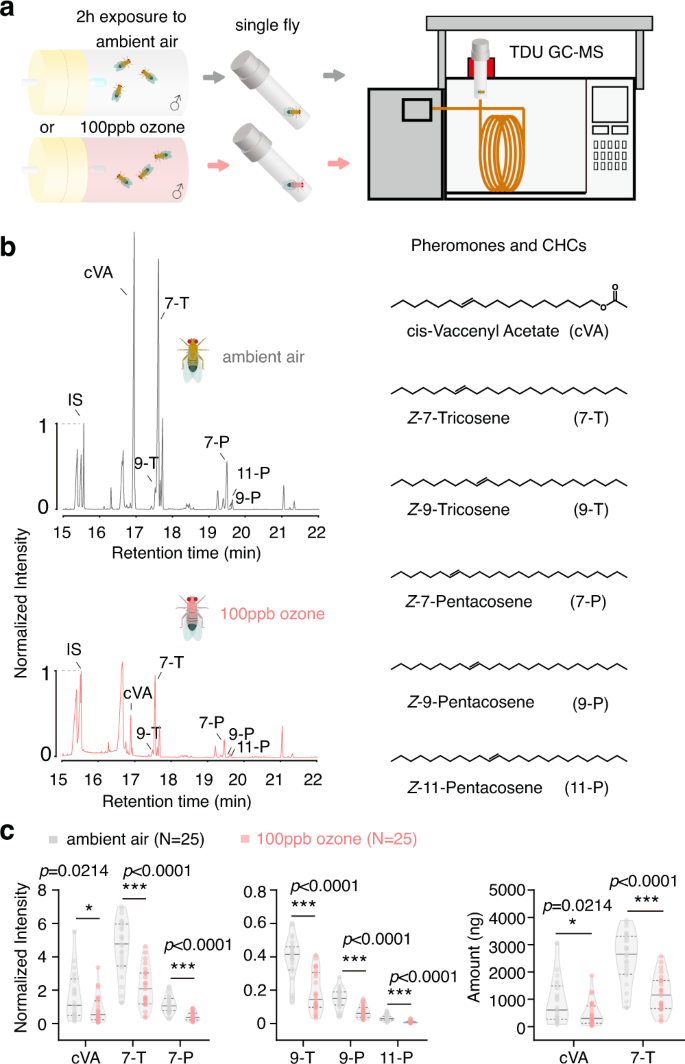血液がんの中には、革新的な免疫療法で治療できるものがあります。このたび、ミュンヘンに本拠を置く研究者が、AMLの治療における特定の標的を発見した可能性があります。 Some forms of blood cancer can be treated with an innovative immunotherapy. Now Munich-based researchers may have found specific targets for the treatment of AML.
2023-03-14 ミュンヘン大学(LMU)
従来、AMLはCAR-T細胞免疫療法では治療できなかったが、今回、研究者らは新たな分子標的を発見した。研究者らは、単一細胞データの統合により、細胞表面に特異的に存在するCSF1RおよびCD86の2つの候補を見つけ、これらを標的にしたCAR-T細胞を開発した。実験結果は有望であり、健康な細胞を破壊することなくAML細胞を効果的に攻撃することができた。
<関連情報>
- https://www.lmu.de/en/newsroom/news-overview/news/ai-assisted-analysis-helps-discover-new-targets-for-car-t-cell-therapy-for-acute-myeloid-leukemia.html
- https://www.nature.com/articles/s41587-023-01684-0
単一細胞トランスクリプトームアトラスによる急性骨髄性白血病治療用CAR-T細胞の開発支援 Single-cell transcriptomic atlas-guided development of CAR-T cells for the treatment of acute myeloid leukemia
Adrian Gottschlich,Moritz Thomas,Ruth Grünmeier,Stefanie Lesch,Lisa Rohrbacher,Veronika Igl,Daria Briukhovetska,Mohamed-Reda Benmebarek,Binje Vick,Sertac Dede,Katharina Müller,Tao Xu,Dario Dhoqina,Florian Märkl,Sophie Robinson,Andrea Sendelhofert,Heiko Schulz,Öykü Umut,Vladyslav Kavaka,Christina Angeliki Tsiverioti,Emanuele Carlini,Sayantan Nandi,Thaddäus Strzalkowski,Theo Lorenzini,Sophia Stock,Philipp Jie Müller,Janina Dörr,Matthias Seifert,Bruno L. Cadilha,Ruben Brabenec,Natalie Röder,Felicitas Rataj,Manuel Nüesch,Franziska Modemann,Jasmin Wellbrock,Walter Fiedler,Christian Kellner,Eduardo Beltrán,Tobias Herold,Dominik Paquet,Irmela Jeremias,Louisa von Baumgarten,Stefan Endres,Marion Subklewe,Carsten Marr & Sebastian Kobold
Nature Biotechnology Published:13 March 2023
DOI:https://doi.org/10.1038/s41587-023-01684-0

Abstract
Chimeric antigen receptor T cells (CAR-T cells) have emerged as a powerful treatment option for individuals with B cell malignancies but have yet to achieve success in treating acute myeloid leukemia (AML) due to a lack of safe targets. Here we leveraged an atlas of publicly available RNA-sequencing data of over 500,000 single cells from 15 individuals with AML and tissue from 9 healthy individuals for prediction of target antigens that are expressed on malignant cells but lacking on healthy cells, including T cells. Aided by this high-resolution, single-cell expression approach, we computationally identify colony-stimulating factor 1 receptor and cluster of differentiation 86 as targets for CAR-T cell therapy in AML. Functional validation of these established CAR-T cells shows robust in vitro and in vivo efficacy in cell line- and human-derived AML models with minimal off-target toxicity toward relevant healthy human tissues. This provides a strong rationale for further clinical development.

